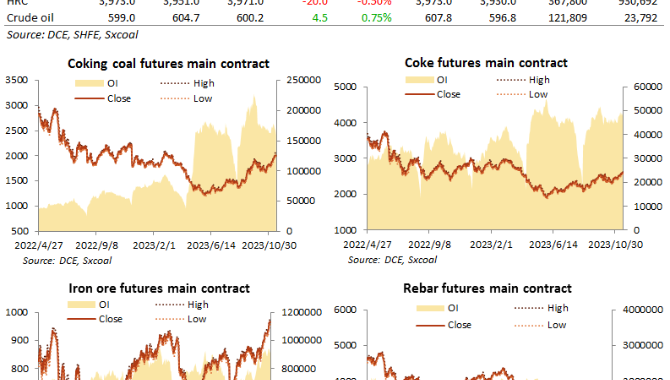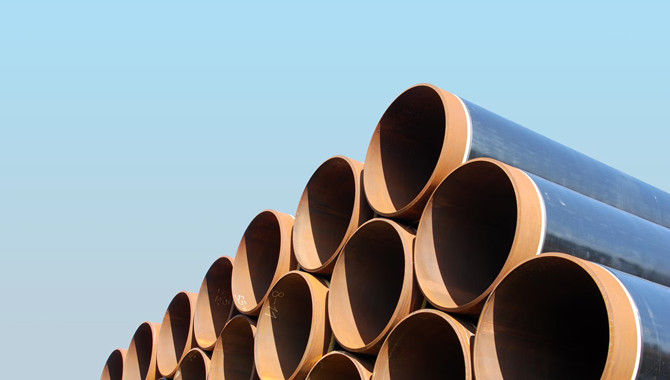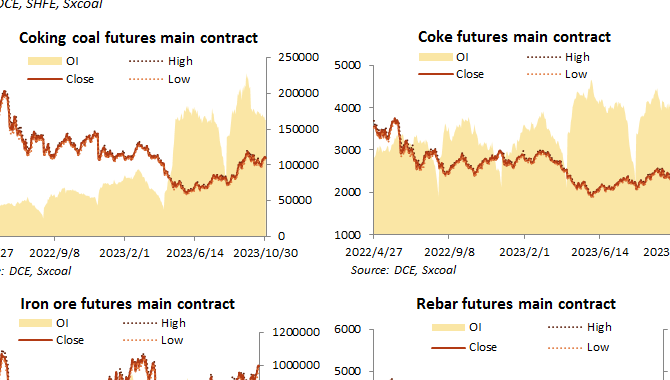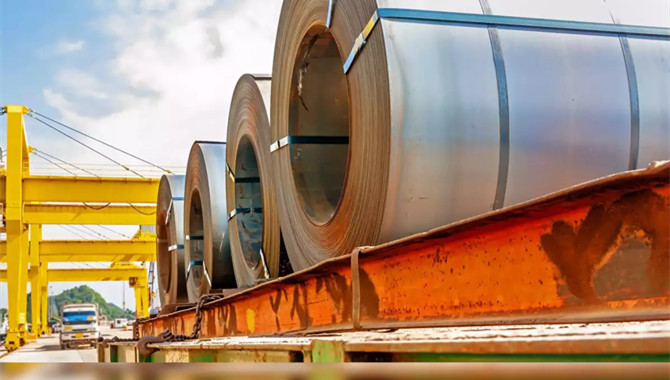In the midst of the languishing global economy and weak international trade, Australia logged record high exports to the Chinese mainland in March, which highlighted the importance of the Chinese mainland market for Australian exporters, an expert said on Thursday.
Australian exports to the Chinese mainland in March exceeded A$19 billion ($12.69 billion) for the first time, surging 31.2 percent year-on-year from A$14.49 billion in March 2022, per data released by the Australian Bureau of Statistics (ABS) on Thursday.
Australia's metal ore and thermal coal led the shipment surge to the Chinese mainland, with iron ore lumps up 24.3 percent month-on-month and fine iron ore up 17.7 percent. Shipments of thermal coal surged 125.4 percent.
Boosted by trade with the Chinese mainland, Australia recorded a A$15.27 billion trade surplus in March, its second-highest on record, according to Reuters.
While the global economy is still under huge pressure as it recovers from the COVID-19 pandemic, a market as large as China's is even more valuable for Australia, Song Wei, a professor at the school of international relations and diplomacy at Beijing Foreign Studies University, told the Global Times on Thursday.
Moreover, China is seeing accelerating industrialization with growing demand for raw materials such as metal ore and coal. The colossal Chinese mainland market is irreplaceable for Australia, Song said.
According to data from China's General Administration of Customs, two-way merchandise trade between China and Australia totaled $58.79 billion in the first quarter, up 10.9 percent year-on-year.
There is a high degree of economic complementarity between the two countries, and Song expressed cautious optimism over the prospects for bilateral trade growth in the months ahead. However, it depends on whether Canberra can adopt independent foreign policies that are in line with its own essential interests, instead of closely following the US' anti-China moves, Song noted.
Citing so-called security concerns, Canberra recently banned video-sharing app TikTok on government devices.
It was a discriminatory restrictive measure, China's Ministry of Commerce said in a statement on April 7.
The move will not help safeguard Australia's national security, the ministry said, adding that it would undermine the international community's confidence in its business environment and harm the interests of Australian enterprises and people.
Source:
Global Times

 PIL launches Academy to strengthen workforce compet
PIL launches Academy to strengthen workforce compet  Coal shipments to advanced economies down 17% so fa
Coal shipments to advanced economies down 17% so fa  China futures market updates at close (Nov 14)
China futures market updates at close (Nov 14)  CISA: China's daily crude steel output down 5.7% in
CISA: China's daily crude steel output down 5.7% in  China futures market updates at close (Oct 31)
China futures market updates at close (Oct 31)  CISA: China's daily crude steel output down 1.2% in
CISA: China's daily crude steel output down 1.2% in